Following the protest by non-Hindi speaking States, the Union Government has withdrawn the ‘Hindi Compulsory Clause’ from the Draft National Education Policy (NEP). Now, our politicians should have no reason to indulge in nit-picking and fault-finding in other Policy statements in the report, says Bhamy V. Shenoy. —Ed
By Bhamy V. Shenoy
The newly-released 480-page draft report, New Education Policy (NEP) by a nine-member Committee headed by Scientist Dr. K. Kasturirangan, is a delight to study. It constantly reminds us of our civilisational contribution which has been downplayed or often ignored by the current education system. NEP, if implemented fully, will completely transform India’s education sector.
Unfortunately, it is a crying shame that some of our political leaders have tried to highlight the non-issue of three-language policy to build political capital rather than discussing more substantive issue of how NEP will help the country. Since children learn languages quickly between the ages of 2 and 8, NEP suggests that encouragement should be given to children to learn many languages. No priority has been given to Hindi and in fact more emphasis is placed to teach India’s classical languages like Sanskrit, Kannada, Tamil, Telugu, etc. Still after the protest the Government tweaked the draft NEP to make sure that for non-Hindi speakers Hindi is not mandatory.
If NEP is implemented even partially, it will usher in a new era in India’s education sector. There will be no fear of one examination deciding the destiny of the student. Going to school will be enjoyable and not boring like today. Students will have far more flexibility to select courses. Rote learning will be replaced by creative thinking. Minimum bureaucracy, less regulation and less scope for corruption. Only honest elected leaders will opt to become Education Ministers, because there will be no scope for making illegal money. Even corrupt bureaucrats may not like to join the Department.
Though the report deals with all aspects of school education, higher education and professional education (health, technical, legal and healthcare), greater emphasis is given to school education. Early childhood education which has been more or less totally neglected is given the highest priority. This is influenced by the fact that over 85% of cumulative brain development occurs prior to the age of six.
The current 12 years of schooling will be replaced by 15 years but still students can complete high school by age 18. Current 5+3+2+2 will be replaced by 5+3+3+4. Current system consists of Primary, Upper Primary, Secondary and Pre-University. It will be replaced by Foundational stage from age 3 to 8, Preparatory stage from age 8 to 11, Middle stage from age 11 to 14 and High School from age 14 to 18. The Foundational stage will comprise five years of flexible, multi-level, play-based, activity-based and discovery-based learning and is the most important stage.
It is at High School stage where there is complete transformation. Pre-University or Higher Secondary is eliminated. Each year will be divided into 2 semesters, for a total of 8 semesters. Each student would take 5 to 6 subjects each semester. There will be some essential common subjects for all. Simultaneously, there will be a great flexibility in selecting elective courses including in the arts, music, vocational subjects and physical education. SSLC and PUC examinations will be eliminated. Each semester students can take Board examinations in subjects they have taken and there will be no in-class final examinations. Thus the pressure of the examinations will be eliminated and so also the student suicide rate.
All “Stages” will heavily incorporate Indian and local traditions, as well as ethical reasoning, socio-emotional learning, quantitative and logical reasoning, computational thinking and digital literacy, scientific temper, languages, and communication skills.
School education will develop scientific temper, aesthetic sense, communication, ethical reasoning, digital literacy, knowledge of India, knowledge of critical issues facing the community and the world.
Objective of higher education is to create world class multi-disciplinary Higher Education Institutions (HEI) across the country and to increase Gross Enrolment Ratio (GER) to 50% by 2035 from the current level of 25%. The ancient Indian Universities of Takshashila and Nalanda have served as role models in developing these efforts.
There will be three types of institutions. First is Research Universities offering Ph.D and Master’s Degree to focus on research. Second is Teaching Universities focusing on high quality teaching across all disciplines. Third is individual colleges offering only undergraduate courses. Every such college irrespective of private or public will be autonomous. All these HEIs will have the rights to award degrees unlike today where only Universities have the right. There will be no affiliating Universities or affiliated Colleges in the future.
In order to drive the vision of NEP and to facilitate the efficient and holistic implementation (in India best of reforms have failed at implementation stage) of NEP, a high-level body called Rashtriya Shiksha Aayog (RSA) — National Education Commission — headed by the PM is proposed. Such a high-level RSA will be responsible for developing, articulating, implementing, evaluating, and revising the vision of education in the country on a continuous and sustained basis. Hope, India will get after every election a Prime Minister with vision and patriotic spirit to guide the RSA as its Head.
NEP should have discussed what are the key success factors for its implementation. One such factor is honest, competent, dedicated teachers and managers at all levels. While the NEP is exhaustive, substantive policies specially concerning school education could have been discussed in fewer pages. They are: 1. Getting rid of public examinations. 2. No transfer of government school teachers. 3. Developing a system to hold teachers and administrators accountable based on the performance of the students. 4. Closing down of ‘small’ schools and to integrate them into larger and integrated schools like Kendriya Vidyalayas with library and laboratory facilities. Children residing away from schools can be transported by bus like the children going to private schools. 5. Government should allocate at least 6% of GDP for education sector which is currently at 3% level.
With the elimination of public examinations, it will be the end of coaching schools. Teachers’ Union are unlikely to favour the recommendations since they will be held accountable and also they need to teach unlike preparing children to take exams.
Anganwadi Unions will not be happy since pre-schooling will take place in large school complexes. But general public and students should rejoice and welcome the NEP. Unless there is a vibrant movement to support the NEP, it will remain a pipe dream and India would have lost another golden opportunity to usher in million mutinies in education sector as recommended by NEP.



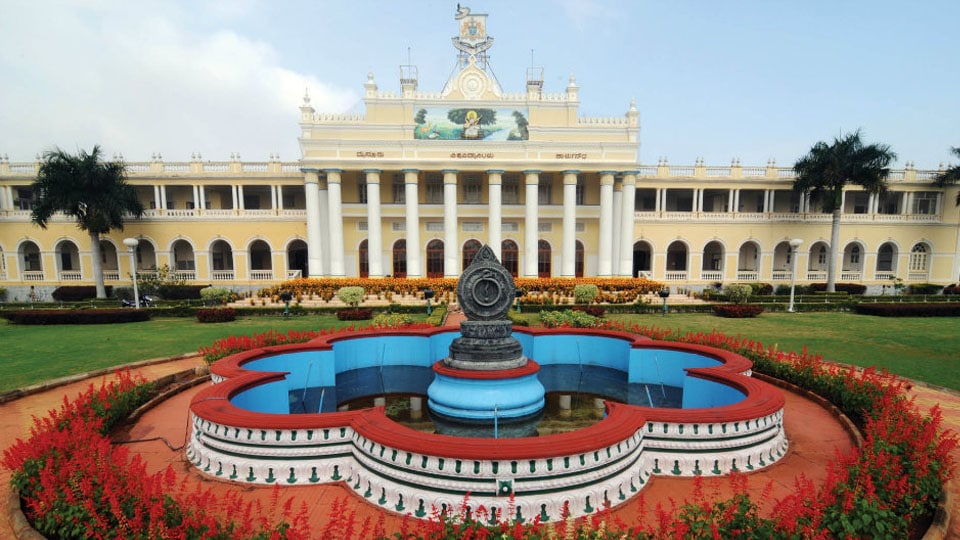
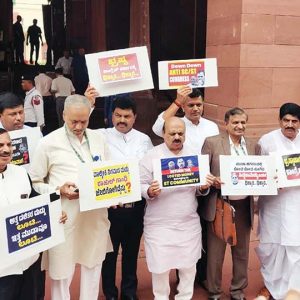
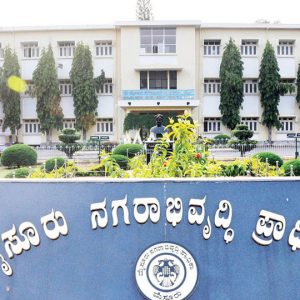
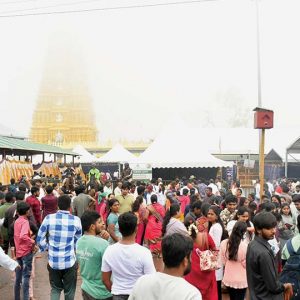
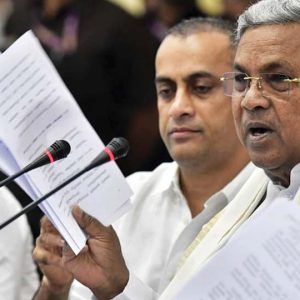
Recent Comments